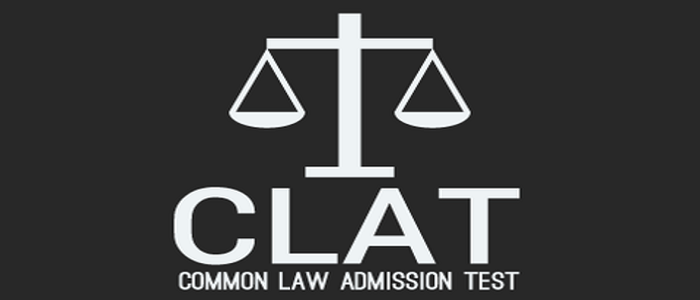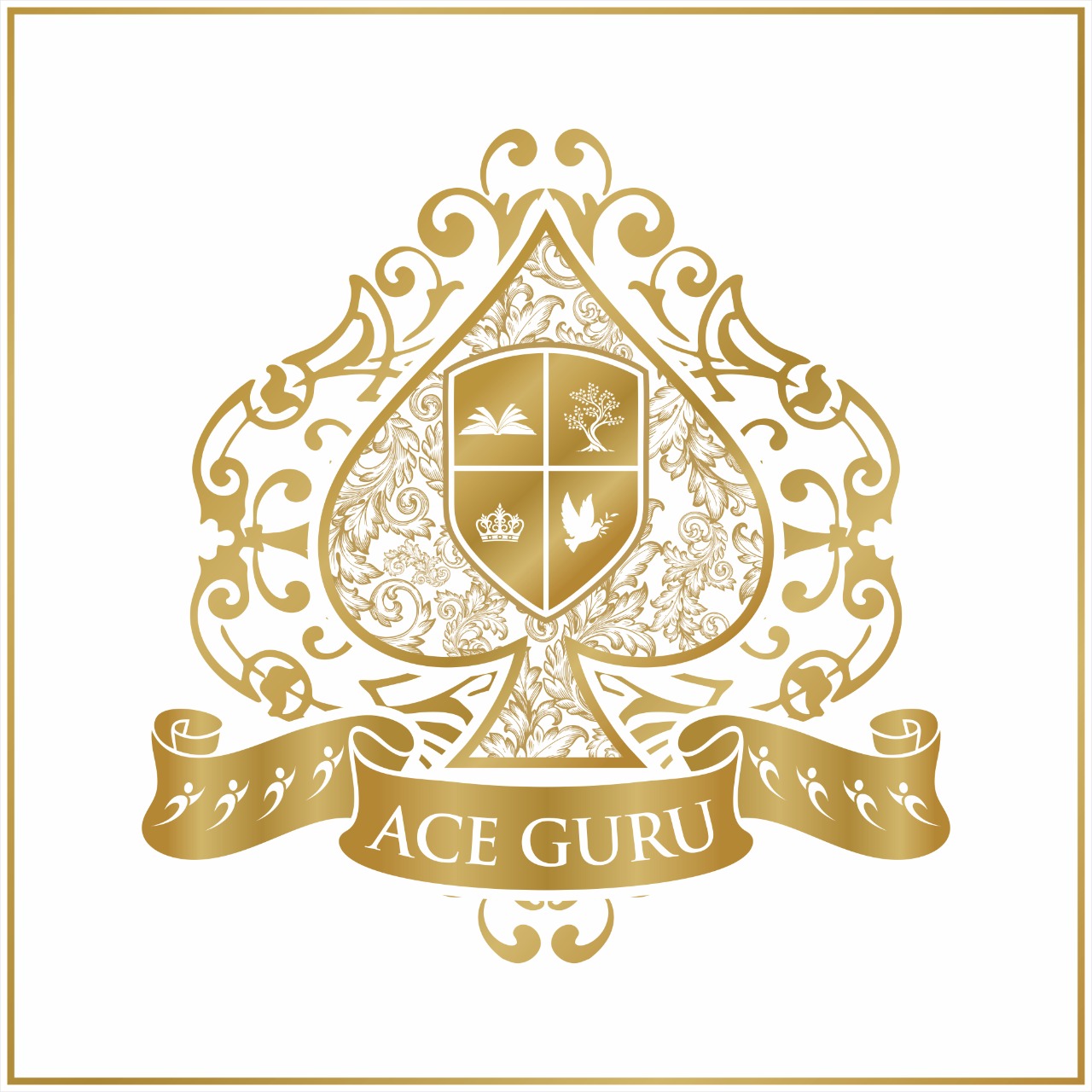Management Quota Law Admission under CLAT
Management Quota Law Admission under CLAT: The Common Law Admission Test CLAT is taken after the Higher Secondary Examination or the 12th grade for admission to integrated under graduation programmes in Law and after Graduation in Law for Master of Laws (LL.M) programmes conducted by these law universities.
The two-hour admission test consists of objective type covering questions on Elementary Mathematics or Numerical Ability, English with Comprehension, General knowledge and Current affairs, Legal Aptitude and Legal Awareness and Logical reasoning.
The benefit of CLAT is that if you clear it with a good rank then you end up in one of the top Law Universities of India. After that there are very high chances that you will have an awesome career in Law. CLAT gives you an opportunity to study the discipline of Law.
Law, as a subject, cannot be studied in isolation. It is connected with other disciplines of studies like sociology, psychology, philosophy, etc. It helps you develop a different perspective about things. You probably start questioning your own believes. This doesn’t only restrict to your academic sphere. But, it extends to the things you want to pursue in life.
Law Admission under CLAT

One of the most rewarding careers both in terms of job challenge and monetary benefits is undoubtedly law. Open to students of all streams, law is suitable for someone who has a passion for understanding the legal systems of the country and who is looking for challenging and exciting opportunities at the work front. In the last couple of decades, there has been a steady increase in the demand for law graduates in diverse fields.
CLAT gives you an opportunity to study the discipline of Law. Law, as a subject, cannot be studied in isolation. It is connected with other disciplines of studies like sociology, psychology, philosophy, etc.
It helps you develop a different perspective about things. You probably start questioning your own believes. This doesn’t only restrict to your academic sphere. But, it extends to the things you want to pursue in life.
Management Quota admission or Direct admission is the process by which a student can gain entry to a college for a particular course. The student who gets entry into a college through this process has to pay a little more than a candidate who secured the admission through entrance tests or through examination scores.
For admissions into courses, students are needed to clear the 10+2 or equivalent examination from any recognized board or school. Some colleges consider the criteria of securing 50% marks in the qualifying exam. The age should be between 17 to 25 years.
Private colleges have government permission to sell certain percent of their seats at premium rates under management quota. Certain no. of seats under management quota varies from state to state. However certain eligibilities are mandatory to take direct admissions under management quota.
Individual profile and market scenario will also be taken into consideration. We give excellent assistance to make best career choice to each and every candidate according to their requirements and necessities.
Where To Study Law Admission under CLAT?
There are three categories of university where one can study law. The first option is the Government Law Colleges, the entry into which is based on the board examination marks.
Most government colleges have done away with entrance tests especially for the five-year programme, so admissions to these colleges are based on cut-offs obtained in the Senior Secondary Board Examination.
These colleges offer both a three-year and a five-year programme. The three-year course is ideal for graduates from any discipline and the five-year course is pursued by students after completion of 10 + 2 examination.
The second choice is to study law in private law colleges; the selection is again based on the board examination marks. Some private colleges, however, conduct their own entrance tests and a few colleges use CLAT/LSAT scores to give admissions.
The third category consists of the National Law Schools. What started as a bold experiment in the field of legal education back in the 1980s, has become a phenomenal success.
With just one National Law School in Bengaluru in 1988, today, the country boasts of 17 schools coming under the “National Law School” banner and are part of CLAT (Common Law Admission Test). There is also another prestigious National Law School in Delhi which conducts its own admission test. The National Law Schools offer only a five-year course.
Approaching CLAT
CLAT is a single unified entrance test for these reputed law schools. A mere 8,000 candidates took this test in 2008. In 2015, about 42,500 students sat for it! The number is expected to increase in the coming years.
Eligibility
Any student who has passed 10 +2 board examination or an equivalent examination can apply. There is no upper age limit prescribed.
Test Pattern of CLAT
CLAT is an online test which consists of 200 multiple choice questions on areas such as English, Basic Arithmetic, General Knowledge, Logical and Legal Reasoning. Time allotted is two hours. Each question carries one mark and there is a negative marking of 0.25 marks for every incorrect answer.
How to Prepare for CLAT Exam?
English is a predictable section which has a comprehension passage, questions on usage of grammar, error detection and sentence sequencing. A separate section on vocabulary based on Latin legal terms can also be expected. The difficulty level could range from simple to moderate level.
The Mathematical Ability segment tests the test-taker’s ability at an elementary level. The questions are based on time and work, time and distance, averages, simple and compound interest, ratio and proportion, etc. The difficulty level anticipated is only moderate.
The General Knowledge section includes questions both from current affairs and static general knowledge. For tackling current affairs, a focus on the national and international issues that took place during 2015-16 is required.
In Logical Reasoning, you can expect an array of questions on puzzles and syllogisms and analytical reasoning and analytical reasoning-based questions. A standard level of questions should be anticipated.
Legal Reasoning tests the reasoning ability of the students, namely, to apply a given piece of information in a situation and arrive at a logical answer. Questions carry a legal principle, a factual situation and four options. Students are expected to apply the given legal principle and arrive at the appropriate answer. In addition, there would be questions on current legal issues.

